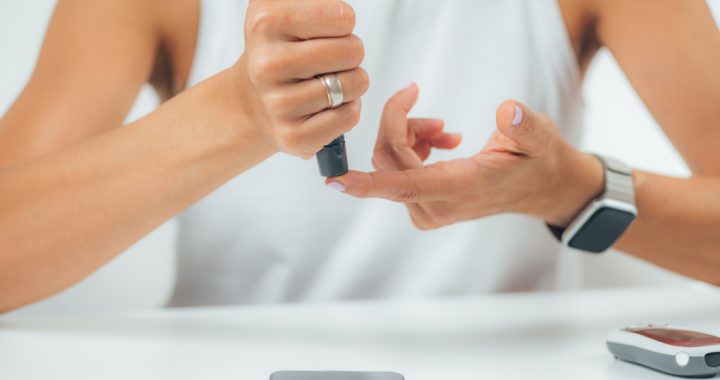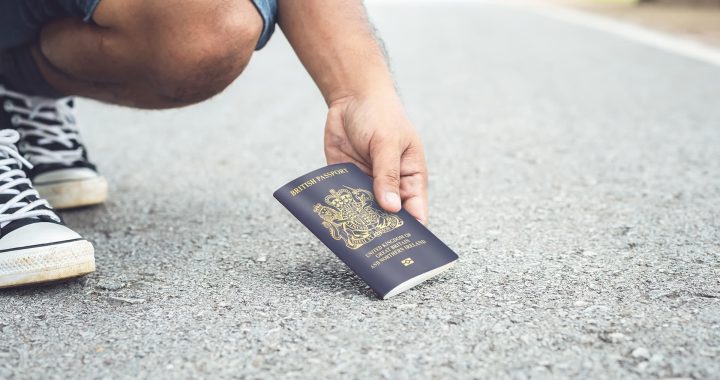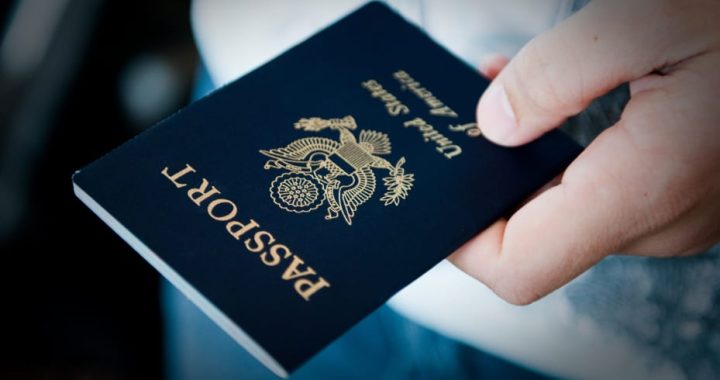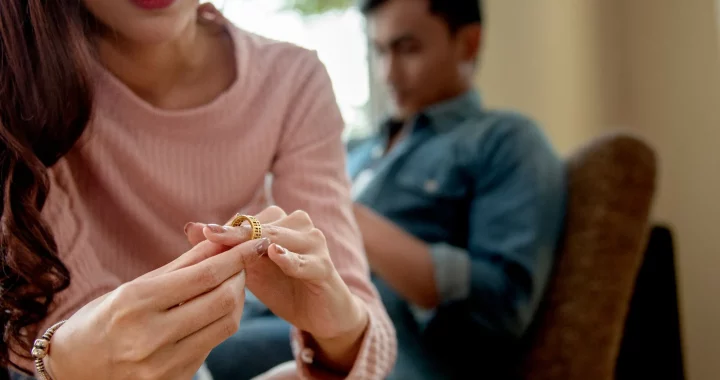5 Tips for Reducing Incontinence Stress
4 min read
Last Updated on April 23, 2022 by Aaron Thompson
To have good physical health, you need to ensure all parts of your body function well. Many people are not keen on their bladder control until the unexpected loss of urine interferes with their social life. You may experience different kinds of incontinence due to having a loose bladder, including urge incontinence, functional incontinence, stool incontinence, and stress incontinence.
Stress incontinence occurs when your loose bladder or rectal control spawns due to pressure. The pressure can be due to your body’s physical activity, such as walking or sneezing. Besides, they may also result from activities such as laughing or crying.
Notably, it is difficult to control the causes of incontinence since some are a result of procedures like childbirth or a side effect of treating prostate problems. Although you may not have the ability to avoid incontinence, there are some steps you can take to try and reduce incontinence stress. They include;
1. Lifestyle changes
You can make some changes to your current lifestyle to effectively control incontinence stress. The changes are;
Exercising
There are different types of bowel exercises to help strengthen specific muscles that support the bladder and urethra. You can do the pelvic floor muscle or Kegel exercises since they are pretty effective. Notably, for effective results, you need to do the exercises regularly.
You can do it daily or three times a week. After a few months, you will experience positive changes.
Ensuring you have a good bowel function
Many people suffer from constipation at one point, which prevents the bowel from functioning normally. Furthermore, it worsens incontinence stress which is bad for your urinary health. It will help if you drink 6-8 glasses of water and incorporate fiber diet meals daily.
You can also purchase medications to help reduce constipation. However, you may require a doctor’s prescription to access the drugs.
Quit smoking
If you are experiencing incontinence stress, then you need to avoid smoking since it induces coughing that affects your incontinence. For smoking addicts, you can find an alternative to help you stop smoking fast since the more you smoke, the more it becomes difficult to reduce your incontinence stress.
2. Bladder training
You can keep a bladder diary to help you get a clear point of view of the stress. It will also help you in the process of training your bladder. You can try to go to the toilet frequently instead of holding urine. Besides, you can check the interval of time you need to use the bathroom; this will help you understand your bladder hence knowing how long your bladder takes to be full.
Training your bladder is not an easy task, and sometimes you may require adult diapers to make the process easier. There are many types of adult diapers you can use in the market, for example, the 3XL adult diaper.
3. Weight loss
Obesity is a problem caused by various factors, such as consuming a lot of cholesterol, and it has significant side effects, including worsening your incontinence.
Therefore, to reduce incontinence stress, you can find ways to lose weight. You can do exercises, get on a strict diet or go for a weight loss surgery. Notably, whatever method you decide to use to lose weight, you need to consult your doctor to guide you on appropriate ways to do so.
4. Oral medicines and surgery
Patients whose incontinence stress is worsening at a fast rate may require oral medicines and surgery to control it. Notably, for effective results, you need to take medication daily.
People who find taking medicines daily quite hectic may opt for surgery which is quite helpful in reducing stress. The procedure lasts for a few hours, and the recovery process is fast. However, surgery is not a 100% guarantee that the problem will go away permanently.
5. Injecting Platelet Rich Plasma
Some patients have enriched blood that can help control stress. All you need is to inject the blood back into the bladder area. Although the process may sound complicated, it is effective and relieves your bladder.
Notably, the treatment requires using Femilift, a technology that uses lasers to replace the collagen tissue near the urethra and bladder walls. After replacing the tissue, the area becomes tight hence reducing incontinence.
The whole procedure takes about three minutes of therapy and requires no surgery or medication. Some patients may require two or three sittings for relief.
Conclusion
Incontinence stress does not have to end your social life. You can use any of the above procedures to help reduce it. You can research other exercises to help your bladder tighten to prevent the incontinence from worsening.
It will help if you get regular clinical check-ups to know whether your incontinence stress is reducing or increasing. If it increases, your doctor will give you an ideal method from the ones listed above to control it and avoid worsening the situation.






